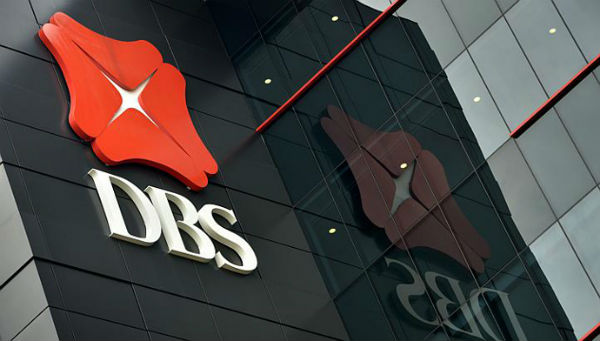Keeping The Doors Open
Even healthy businesses can fail if they do not manage their cash flow well. Thankfully, there are steps they can take to avoid that fate.

Singapore's relatively small business community means that news of problems at a particularly company can spread pretty quickly. If those problems relate to cash flow, the resulting fallout can severely disrupt a firm's operations.
In some cases this may even lead to otherwise healthy companies having to cease operations as banks withdraw their credit lines, and suppliers tighten their terms. It’s no wonder that effective cash flow management is often seen as the lifeblood of a business.
As such, SMEs must manage their cash flow well and not allow payment issues to affect their health. It is not enough just to have sufficient funds to keep the doors open, but in uncertain times they must also avoid the perception that they have trouble paying their bills.
"Once people get a whiff that you might have cash flow issues, there could be trouble. For example, if I supply your company and I don't know you well, and I hear you might have cash flow challenges, I might start asking to be paid on cash terms," said Stanley Tan, who heads the Working Capital Advisory Team at DBS Bank.
He noted that entrepreneurs tend to be focused solely on growing their business, especially in the early years, and view financial management and accounting as a secondary task. This can cause a blind spot to emerge when it comes to cash flow.
For instance, a business owner may believe the company is financially healthy based on the projects it has secured for the rest of the year. However, he or she may not realise that payment for those projects may take some time to come in, while bills still need to be paid until then.
According to the Singapore Commercial Credit Bureau, slightly more than one-third of payment transactions in Singapore were delayed for the final quarter of 2015. While the situation has improved, the uncertainty ahead means that business owners need to take proactive steps to protect their companies' lifeblood.
Tips for managing cash flow
The first step you can take as an SME owner is to start building six to 12 months worth of cash reserves as a buffer against slow payments. In the meantime, approach your bankers to put in place extra credit facilities so that you will always have sufficient cash on hand even if you customers start to drag their payments.
There are many different types of financing available for SMEs, from simple overdrafts and term loans to more specialised products like accounts receivables financing. Speak with your banker about which product best fits your needs. They can also advise you on Government-backed assistance schemes that SMEs can access to help with their cash flow.
You can ease your cash flow issues further with DBS's Instalment Payment Plan or My Preferred Payment Plan when making purchases for your new business.
PRODUCT | DESCRIPTION |
|---|---|
A revolving line of credit that frees up cash that can be used to grow the business. Interest is only charged on the amount you have actually used. | |
Micro Loan | Launched in conjunction with SPRING Singapore, this loan allows SMEs to borrow as much as S$100,000 for up to four years to fund your business expansion. |
Borrow up to S$300,000 to boost your cash flow and support your growth plans. | |
Monetise your receivables and protect your company against buyer credit risk by selling your receivables to the bank. You can also save time by letting the bank handle collections and reconciliation-related administrative activities. | |
Growth stage tech start-ups with a proven business model and backed by DBS partner venture capitalists can now apply for this financing for working capital, fixed assets acquisition and project financing. |
You also need to have a clear picture of their financial situation in order to spot potential risks before they affect the business. This requires proper accounting systems to be implemented, especially as the business grows to a certain size and clarity becomes harder to achieve.
Finally, work towards strengthening your relationships with stakeholders that can have an impact with on your company's cash flow. At the end of the day, it may be the goodwill generated with your suppliers or bankers that can help you tide over a rough patch.
Said Mr Tan: “You don’t want to be caught unprepared when it comes to cash flow. It is sad story when a good business is impacted because of timing issues."
Was this information useful?
Thanks for your feedback
Subscribe to DBS BusinessClass
Stay updated with the latest market trends and industry insights, connect with a network of entrepreneurs, and gain access to exclusive event invitations. Join Asia's fastest growing business community – get your complimentary membership here.





That's great to hear. Anything you'd like to add?
We're sorry to hear that. How can we do better?